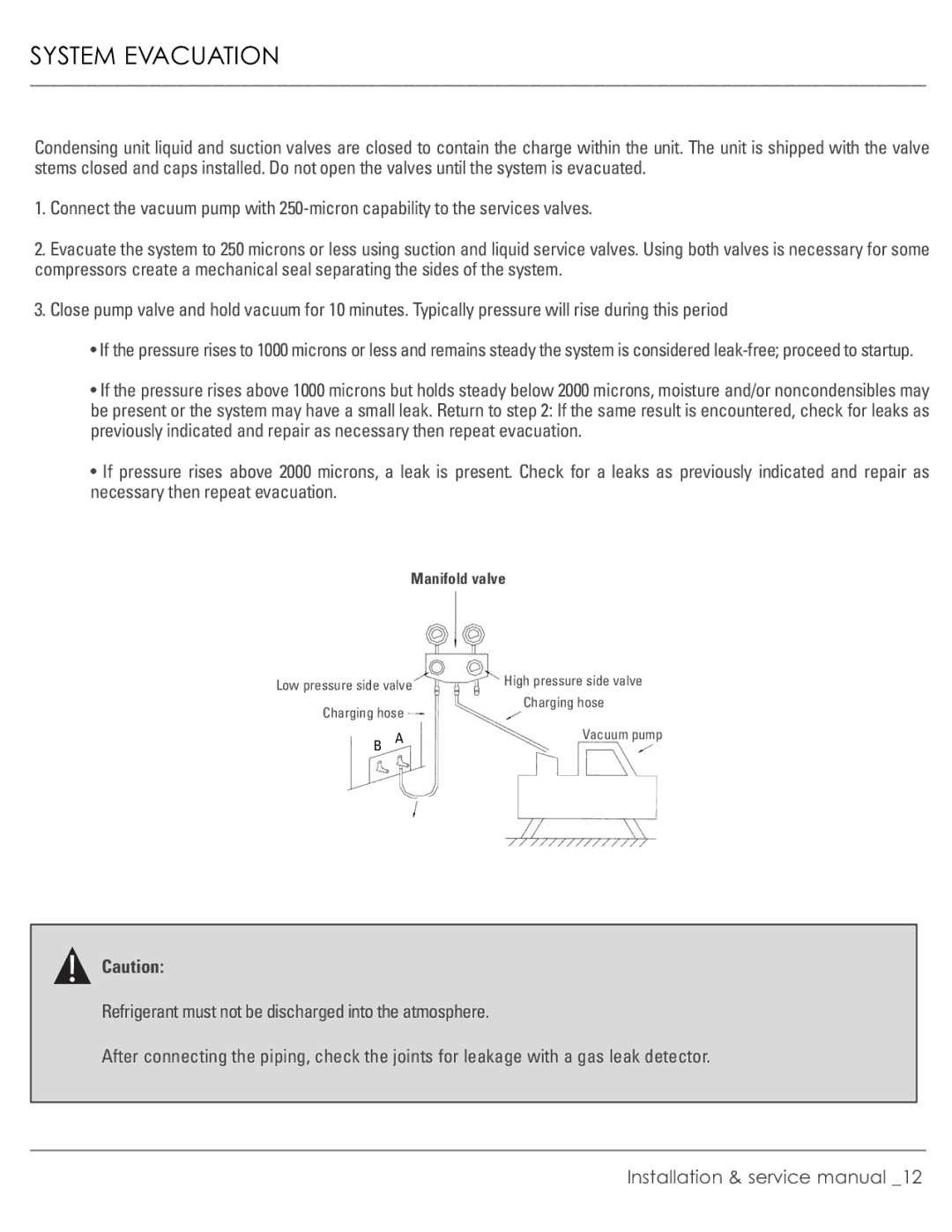R-410A specifications
The Plantronics R-410A is a sophisticated headset designed for users who demand clarity, comfort, and connectivity in a professional environment. Renowned for its robust build and advanced features, this headset offers a seamless audio experience for both office environments and remote work.One of the standout features of the R-410A is its exceptional audio quality, powered by Plantronics' proprietary audio technology. With wide-band audio support, users can enjoy crystal-clear sound during calls and multimedia activities. This ensures that every word and tone is delivered with remarkable precision, making it an ideal choice for customer service representatives, sales professionals, and anyone engaged in important conversations.
The R-410A is equipped with a noise-canceling microphone, which significantly reduces background noise and enhances voice clarity. This is particularly useful in bustling office environments where distractions can compromise the quality of communication. The headset’s design also incorporates a flexible boom arm, allowing users to position the microphone optimally for enhanced audio capture.
Comfort is another key characteristic of the R-410A. The headset features lightweight materials and plush ear cushions that provide all-day comfort. Its adjustable headband ensures a secure and personalized fit, reducing fatigue during prolonged use. This ergonomics-focused design is essential for professionals who spend hours on calls, enabling them to maintain productivity without discomfort.
In terms of connectivity, the R-410A supports both analog and digital interfaces, making it versatile for various devices. It can easily connect to computers, desk phones, and mobile devices, providing users with the flexibility they need in a multi-device world. Additionally, its plug-and-play capability means users can get started quickly without complicated setup processes.
Durability and quality are hallmarks of Plantronics products, and the R-410A is no exception. Constructed from high-quality materials, this headset is built to withstand the rigors of daily use, ensuring a long lifespan and reliable performance.
In conclusion, the Plantronics R-410A is an excellent choice for professionals seeking a high-quality headset that combines superior audio performance, comfort, and versatility. With its advanced technologies and user-friendly features, it’s a powerful tool for enhancing productivity and communication in any workplace setting.

